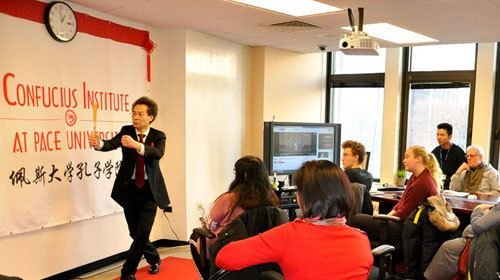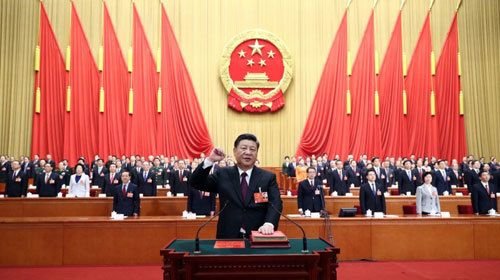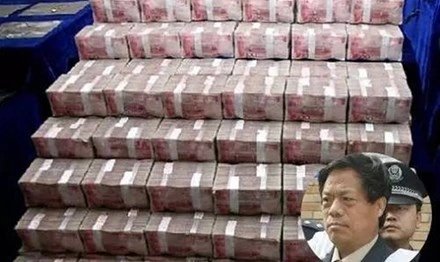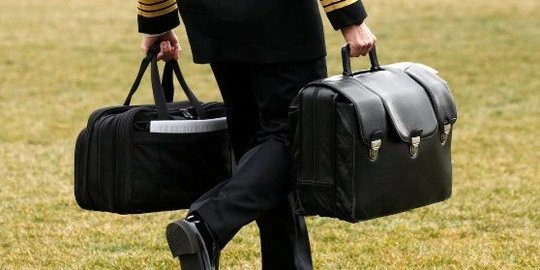China’s ever-expanding global influence
Mr. Xi Jinping took the oath when he was re-elected as President of China for a second term.
Three US senators, including Marco Rubio, last week introduced the Foreign Influence Transparency bill, which would require China’s Confucius Institute to register as a `foreign agent` when operating on US soil.
Mr. Rubio said that this law is intended to make foreign government activities in the US more transparent.
According to Garnaut, the UFW is an agency under the Central Committee of the Communist Party of China, responsible for implementing China’s soft power and influence initiatives in the international arena.
In the document posted on March 21, Xihua said the UFW will have significantly increased power when it takes over and supervises moral, religious and overseas Chinese regulatory agencies.
This is considered part of the restructuring campaign and merger of many Chinese party and government agencies carried out by Mr. Xi, to enhance the operational efficiency and leadership of the Chinese Communist Party over the
UFW was once praised by Mr. Xi as a `miracle weapon` so that China could increase its influence and exercise soft power around the world, but this organization’s activities had not previously been institutionalized.
`The Chinese Communist Party previously directed the United Front secretly,` an anonymous source in the Chinese government told SCMP.
Under this structure, the National Ethical Affairs Commission would report to the UFW, while the Religious Affairs Bureau and the Overseas Chinese Office would be merged into two bureaus within the UFW.
This move by China comes in the context that countries such as the US and Australia are increasingly concerned with Beijing’s tactics of using `miracle weapons` to increase its covert influence on their country’s territory.
According to Mr. Garnaut, China’s biggest advantage today is that many countries around the world are creating huge `black holes` in soft power and geopolitical influence, creating conditions for Beijing to fill the void.
Speaking during a hearing before the US House Armed Services Committee last week, Garnaut pointed out a common point in campaigns using `miracle weapons` to increase Beijing’s influence: when countries

Pace University students in the US in a class at the Confucius Institute.
`China is really filling the gap that we can’t, which is capacity in Chinese language training, understanding of contemporary Chinese politics and history,` Garnaut warned, before mentioning
Garnaut believes that inadequacies in investment and operation of Chinese language learning programs in host countries such as the US and Australia have created conditions for the proliferation of Confucius Institutes and Confucius Classrooms.
China maintains more than 1,500 Confucius Institutes and Classes with the purpose of promoting the country’s language and culture at universities and high schools in 142 countries around the world.
Western analysts fear that the UFW could use organizations like the Confucius Institute as a platform to influence decision-making at universities.
According to this expert, in addition to the Confucius Institute, China also has many other `weapons` to increase its influence in the world.
Not only in the field of education, China is also looking to take advantage of opportunities to promote soft power in many other aspects, such as the Belt and Road initiative linking 70 countries around the world.
`Belt and Road is clearly another gap-filling effort for them,` Garnaut said.














Post Comment